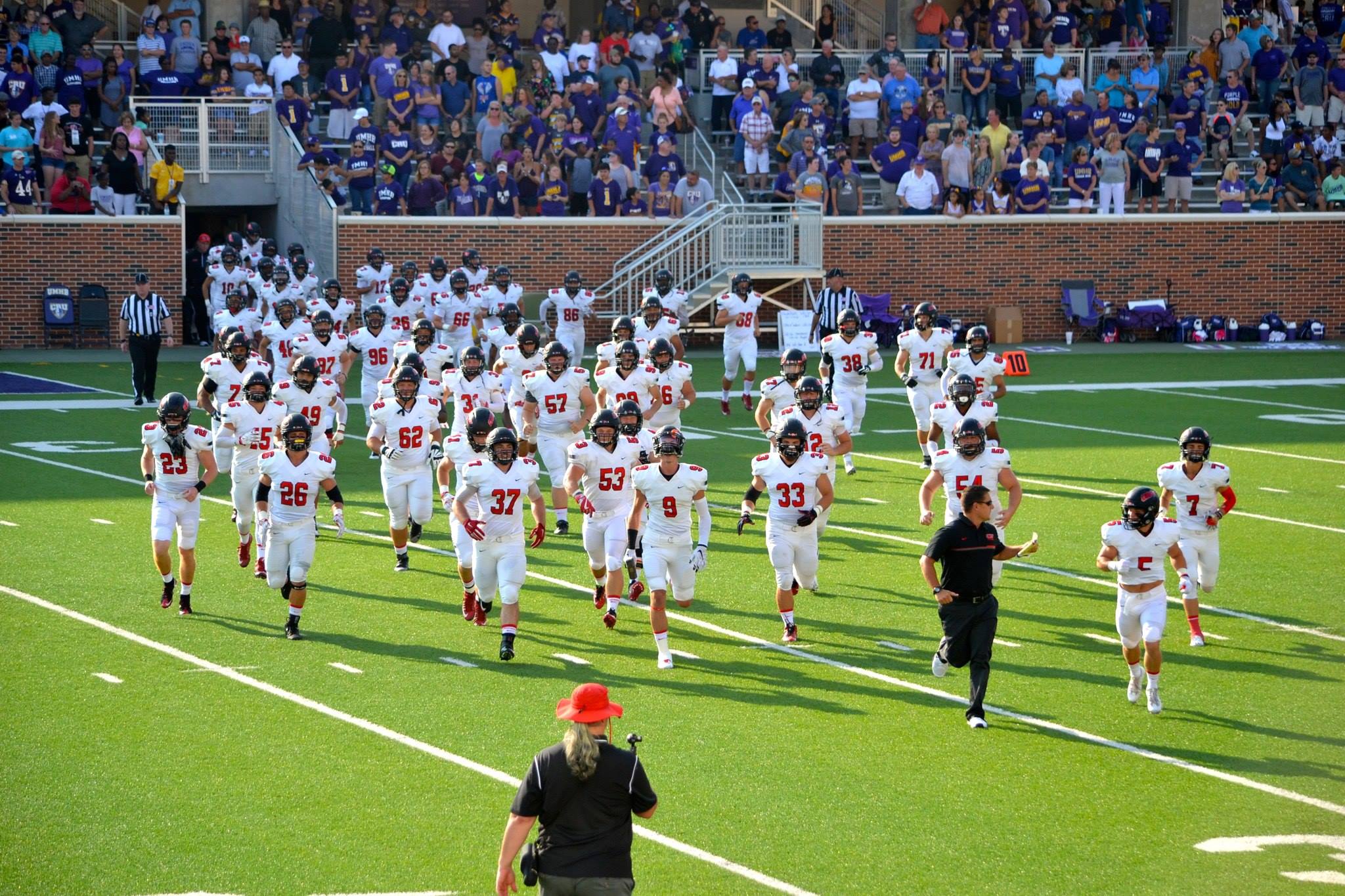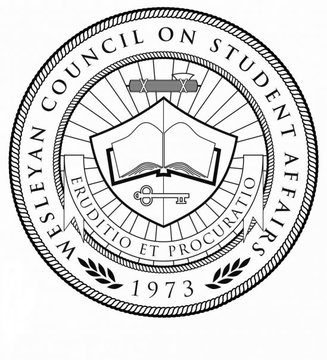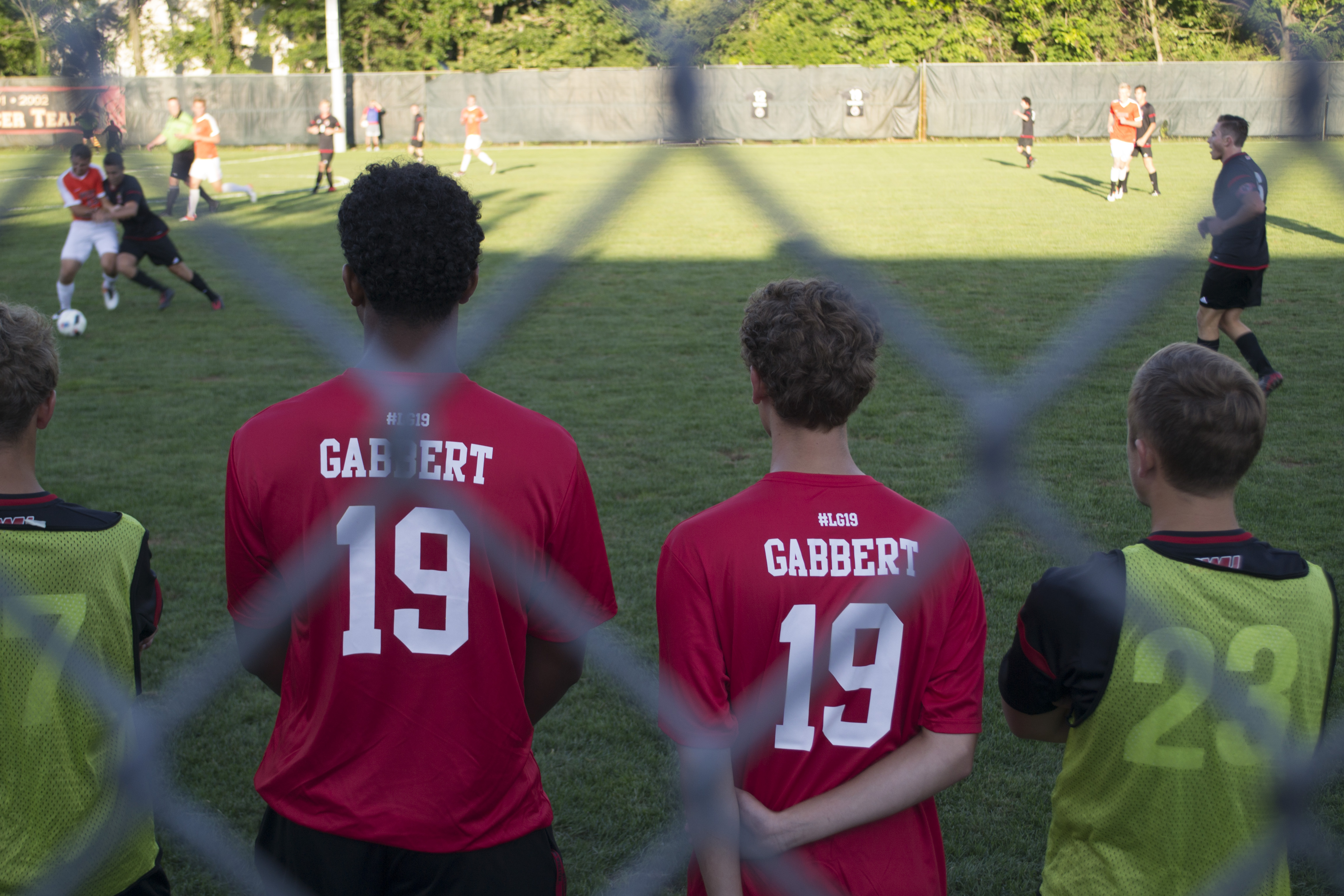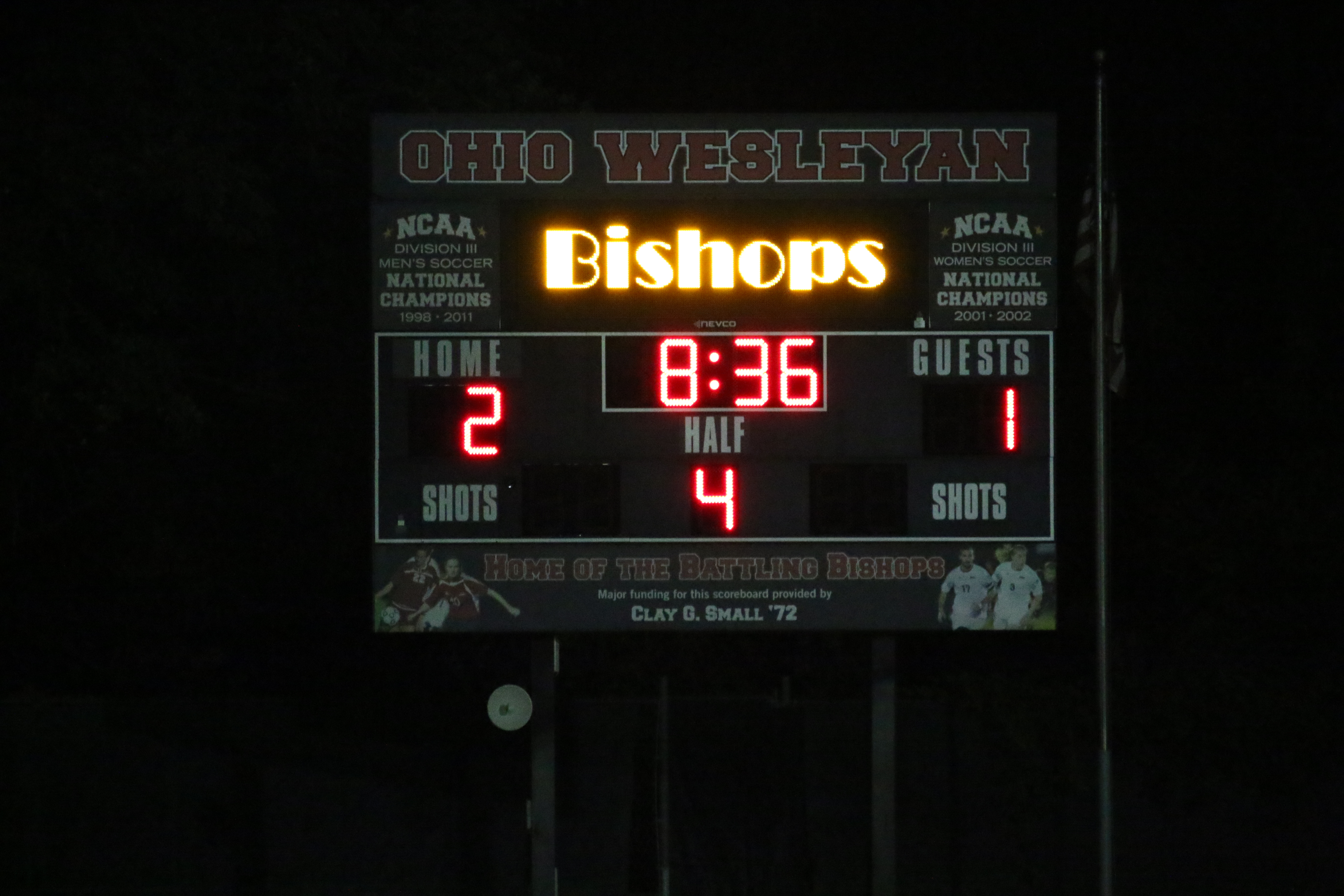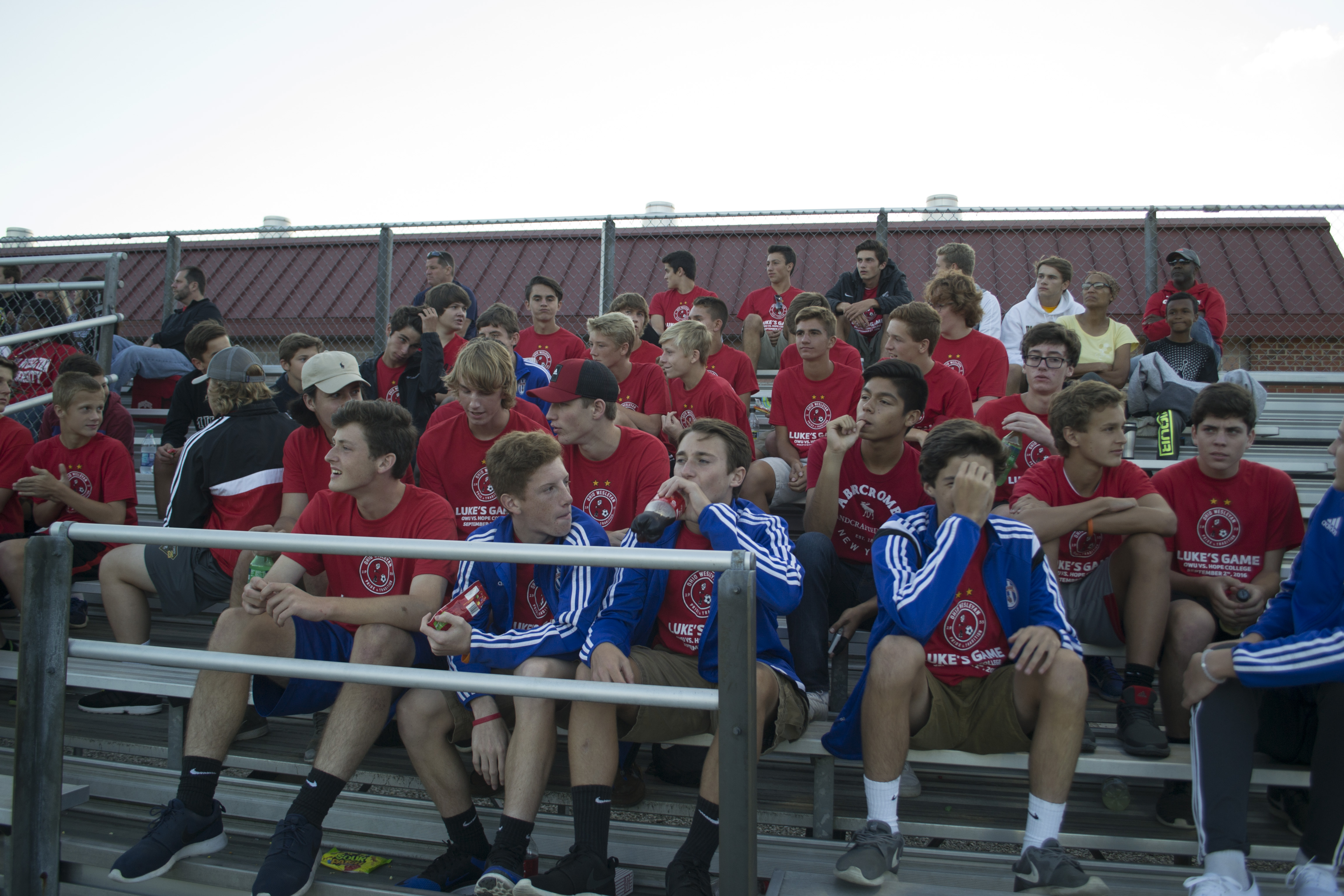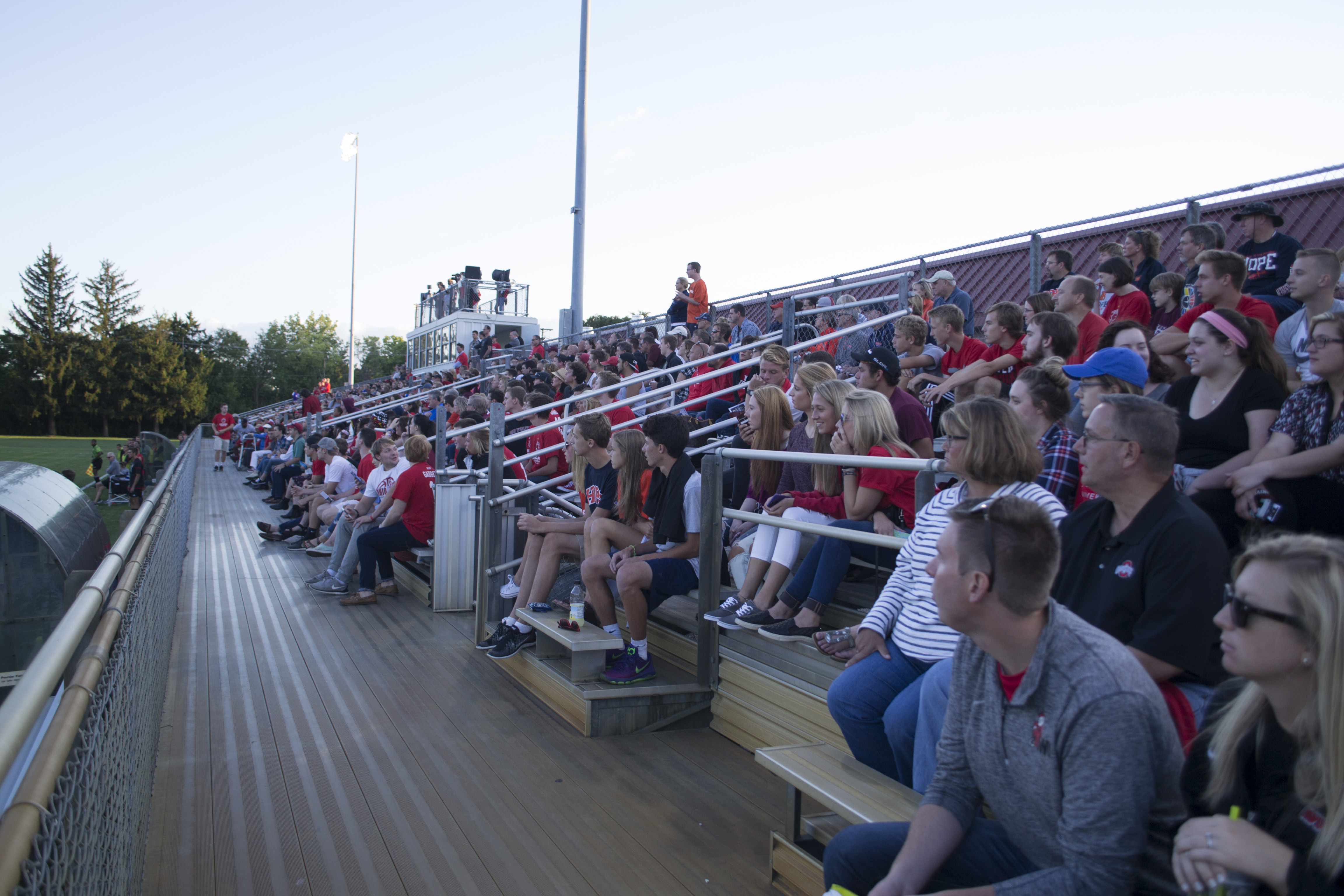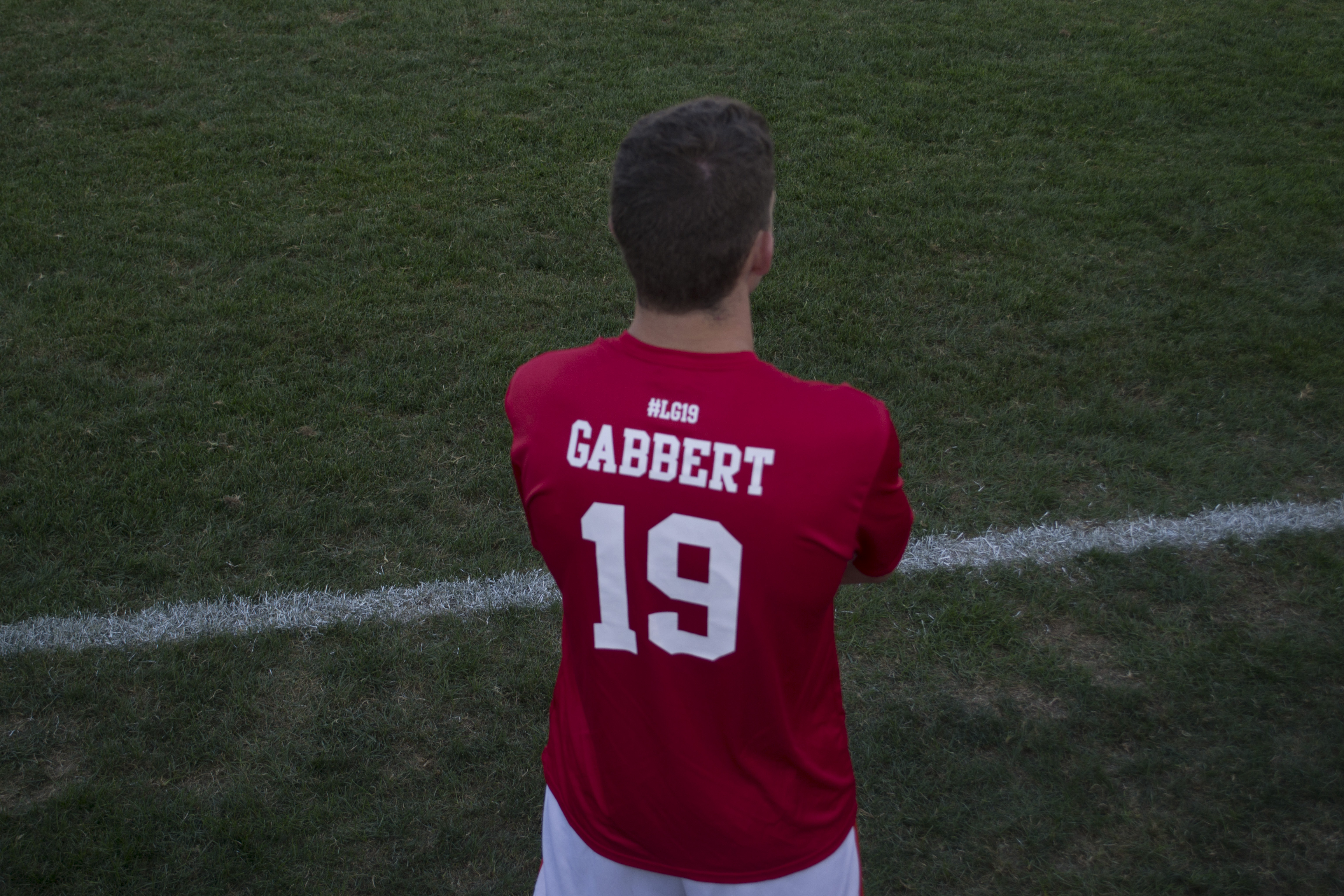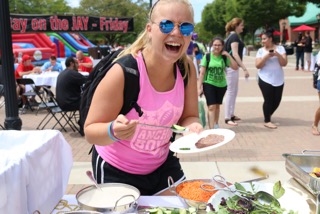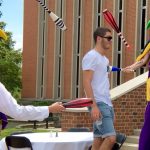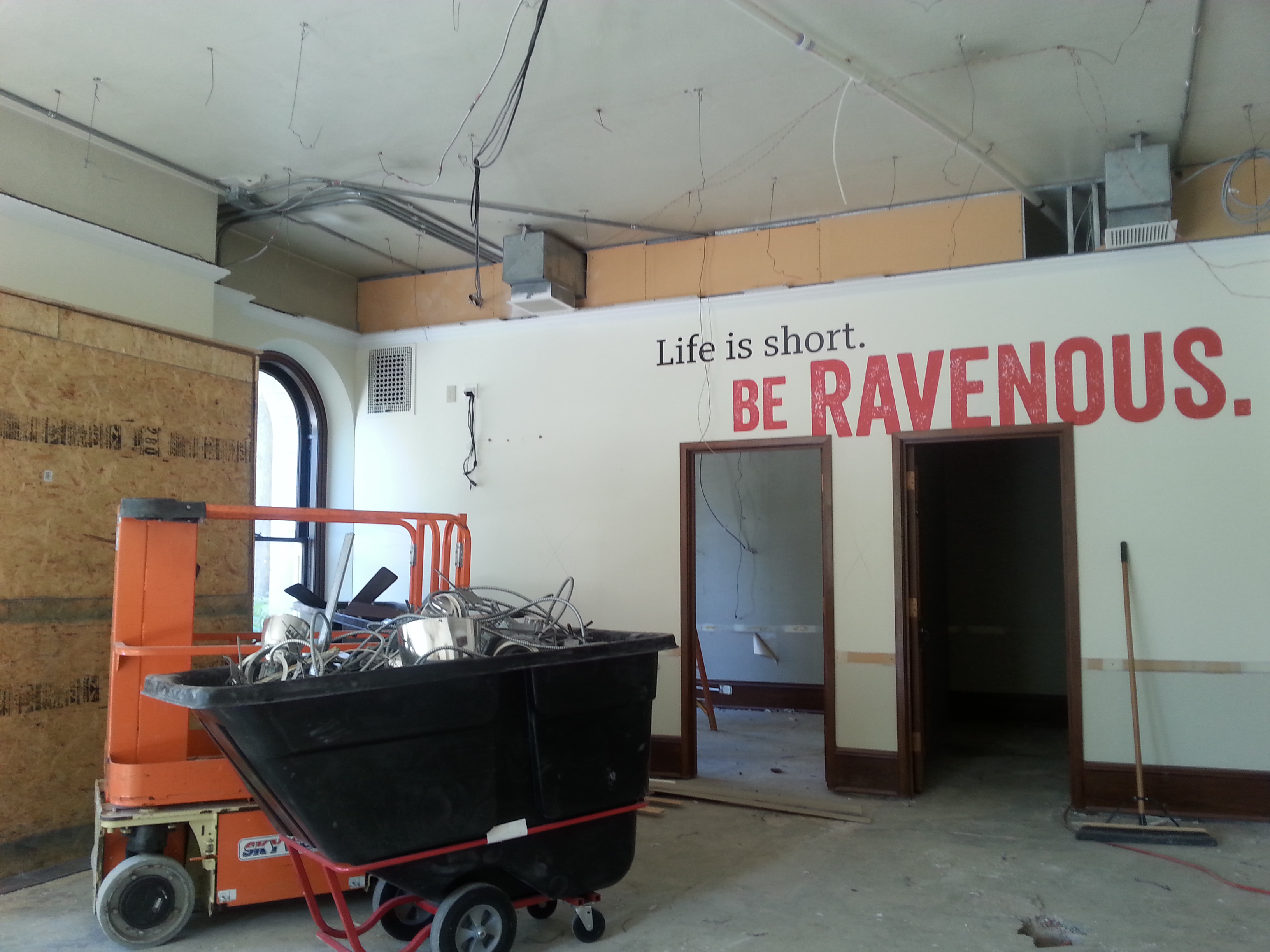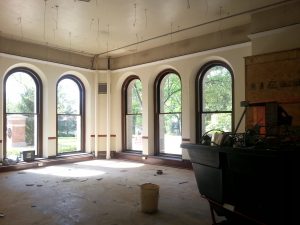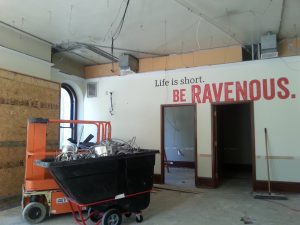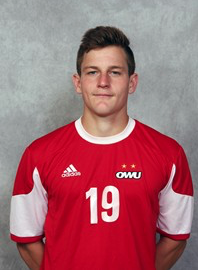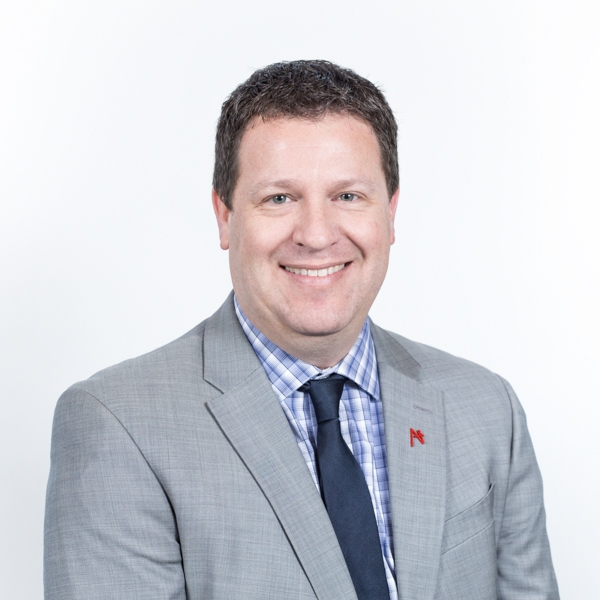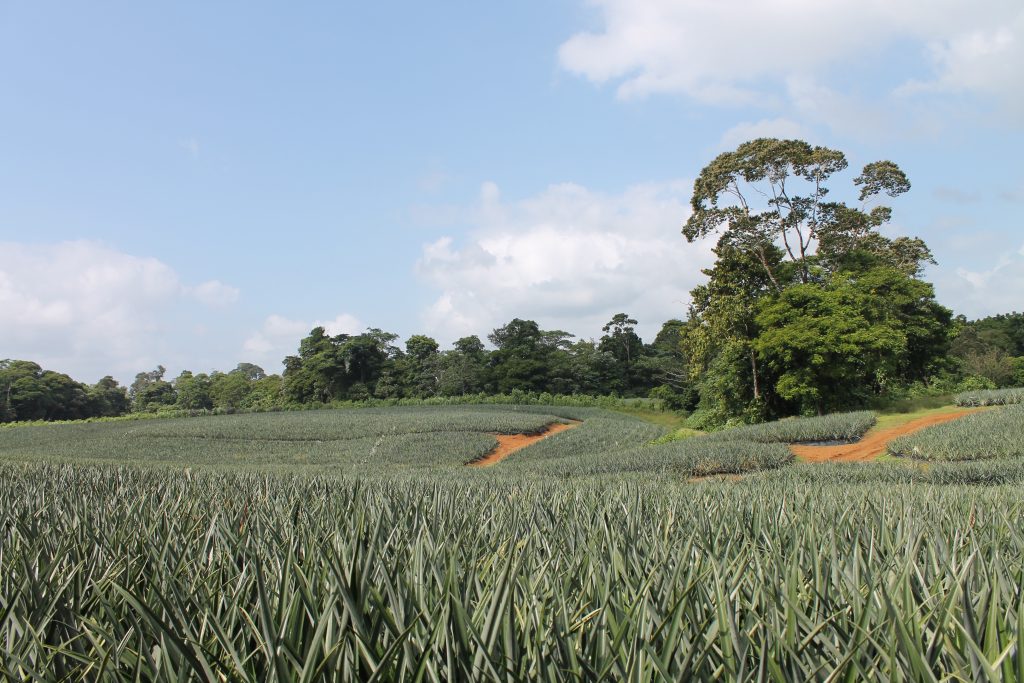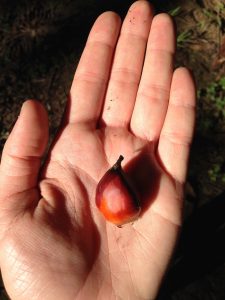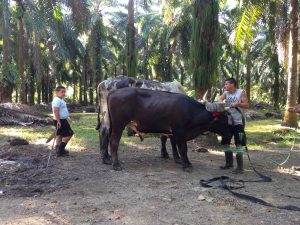
Letter to the Editor
Ohio Wesleyan University Transcript
Monday, April 25, 2016
To Whom It May Concern:
As former Editor-in- Chief and Managing Editor of the Ohio Wesleyan University Transcript, we were dismayed by the recent decision to prohibit student journalists’ access to faculty meetings.
This is not the first time the faculty and administration has attempted to restrict access. During our tenure on the Transcript, then University President David Warren refused to speak to student reporters and would only speak to the Editor-in- Chief. So Tricia (we still call her Minnow) and others camped outside of his office daily to request interviews. Eventually, he relented. On our graduation day back in 1992, he said to Minnow, “I wish you well, but I will not miss you.”
We encourage the Transcript staff to continue to attempt access to faculty meetings, and report on each instance that you are denied entry. Do not let this story wither over summer break.
We also encourage the journalism faculty to guide these student journalists through this situation to learn how to build solid professional relationships in the midst of covering a controversial story. Out in the real world of news, relationships matter.
To the faculty, a warning: the student journalists that you brush aside today will quickly become the alumni from whom you will seek financial support tomorrow. The decision to ban access appears timed to take advantage of the end of the semester and its distractions. The only thing transparent here is your motive. What are you trying to hide? We recognize that as a private institution the faculty may have occasional need for closed-session discussion of select items, and an outlet exists already for this purpose in the executive session of faculty meetings. However, the strong preference ought to be toward transparency, and secrecy must be the exception.
The journalism alumni are hearing whispers of threats to both faculty and students in retribution for fighting this ridiculous and unnecessary policy. Shame on the administration if this is true. You have put the journalism alumni in the heart-wrenching position of evaluating how we support our beloved alma mater. Do we cut off our contributions and the matching gifts of our employers in a show of solidarity? Or do we designate our gifts specifically to the Transcript in order to continue to empower student journalists who follow in our footsteps?
In the 20-plus years that have elapsed since our departure from OWU and entry into the real world of journalism, we have witnessed first-hand the erosion of the public’s representation via the media through corporate ownership, staff cuts, consolidation and a steady march to the bottom in terms of quality and resources. We fear that this incident is a continuation of the same trend, and that the proponents of secrecy within the faculty are keenly aware of this and using it to their advantage.
Bear in mind, faculty members: you – even those who advocate against the transparency we seek – are the ones who taught us to think critically, to question authority, to effect positive change in our surroundings. The student journalists with whom you are in conflict are simply living up to that mandate – the single most significant element of a liberal arts education.
To the Transcript staff, we say congratulations on continuing the tradition of excellence for the oldest independent college student run newspaper in the history of our nation. We take great pride in the faded papers in our personal archives, our OWU journalism degrees on our office walls, and the war stories that came with them. It is truly thrilling for us to follow campus news through social media. When we began our journey in the JO Department we lugged electric typewriters to Slocum Hall. We used a wax roller and scissors to paste the layout together by hand in the wee morning hours in order to hand deliver the spec sheets to the printer on time.
To the graduating seniors, we wish you continued success as you enter the world of professional journalism. We hope you take this experience with you as a valuable lesson: Power corrupts, and absolute power corrupts absolutely. When someone in a position of power stands in your way or asks you to kill a story, it is a sign that you must dig deeper. You will encounter this daily. When you do, we hope your training from the OWU JO Department will serve you as well as it has served us.
Good luck!
Jason Cohen
Former Transcript Editor-in- Chief
Tricia “Minnow” Taylor-Lyphout, MPH, MBA
Former Transcript Managing Editor
Ohio Wesleyan University
Journalism Department
Class of 1992
Jason and Tricia also served on the Journalism Student Board during their time at OWU.
